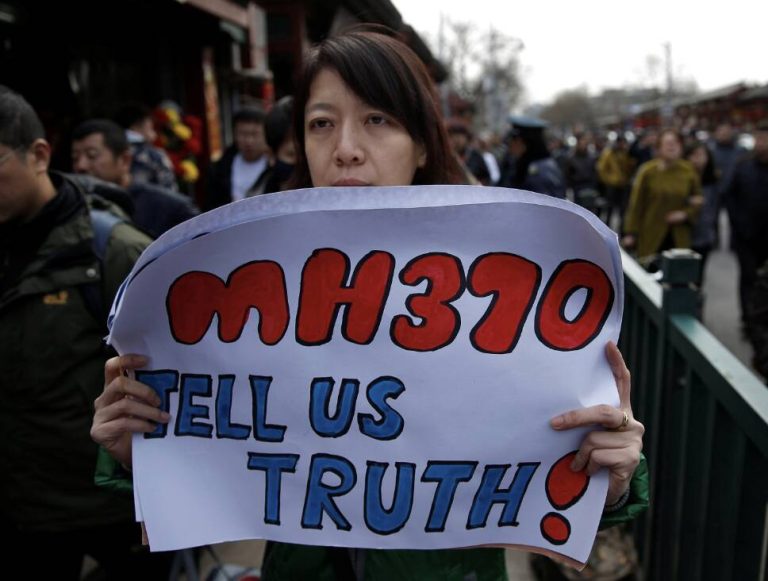
Startup founder claims a firm’s ex-Indian CTO now drives cab in US, was fired by Cognizant
The American Dream has always been a beacon of hope for many, promising a land of opportunity and prosperity. However, for some, the reality can be far from this idealized notion. A recent tweet by Ronald Netawat, the Founding Research Engineer at Antim Labs, has shed light on a rather disturbing trend. According to Netawat, his Uber driver in the US was an Indian in his late 40s, with an astonishing 25 years of product management experience under his belt.
What’s even more astonishing is that this individual had worked at some of the world’s top tech companies, including Apple and Verizon. But the most shocking revelation was that he had previously held the position of Chief Technology Officer (CTO) at an IT company. One would assume that such an accomplished individual would be at the pinnacle of their career, but fate had other plans.
As Netawat claimed, the driver had moved to the US in 2007 on an H-1B visa, which is a non-immigrant visa that allows US employers to temporarily employ foreign workers in specialty occupations. However, his American Dream was short-lived, as he was eventually fired by Cognizant, a leading IT services company. This turn of events led him to take up driving for Uber to make ends meet.
The story of this former CTO-turned-Uber-driver raises several questions about the treatment of foreign workers in the US, particularly those in the tech industry. The H-1B visa program has long been a topic of controversy, with many arguing that it is being exploited by companies to hire cheap labor from abroad. While the program is intended to bring in highly skilled workers to fill gaps in the US labor market, it often leaves these workers vulnerable to exploitation and uncertain futures.
The fact that someone with 25 years of experience and a CTO position at an IT company could end up driving a cab is a stark reminder of the harsh realities of the US job market. It highlights the lack of job security and the ease with which even the most skilled workers can be discarded. Moreover, it raises concerns about the impact of ageism in the tech industry, where youth and adaptability are often valued over experience and expertise.
Netawat’s tweet has sparked a heated debate on social media, with many expressing outrage and sympathy for the former CTO. Some have pointed out that this is not an isolated incident and that many skilled workers have faced similar fates. Others have called for greater scrutiny of the H-1B visa program and the companies that exploit it.
While the story of this former CTO is certainly tragic, it also serves as a wake-up call for the tech industry and the US government. It highlights the need for greater protections for foreign workers and a more nuanced approach to immigration policy. Moreover, it underscores the importance of valuing experience and expertise, rather than simply prioritizing youth and adaptability.
As the US continues to grapple with the challenges of the modern workforce, stories like this serve as a reminder of the human cost of our policies and practices. It is essential that we take a closer look at the impact of our actions on individuals and communities, rather than just focusing on the bottom line.
In conclusion, the story of the former CTO-turned-Uber-driver is a stark reminder of the harsh realities of the US job market and the need for greater protections for foreign workers. As we move forward, it is essential that we prioritize empathy, understanding, and a commitment to creating a more just and equitable society for all.





